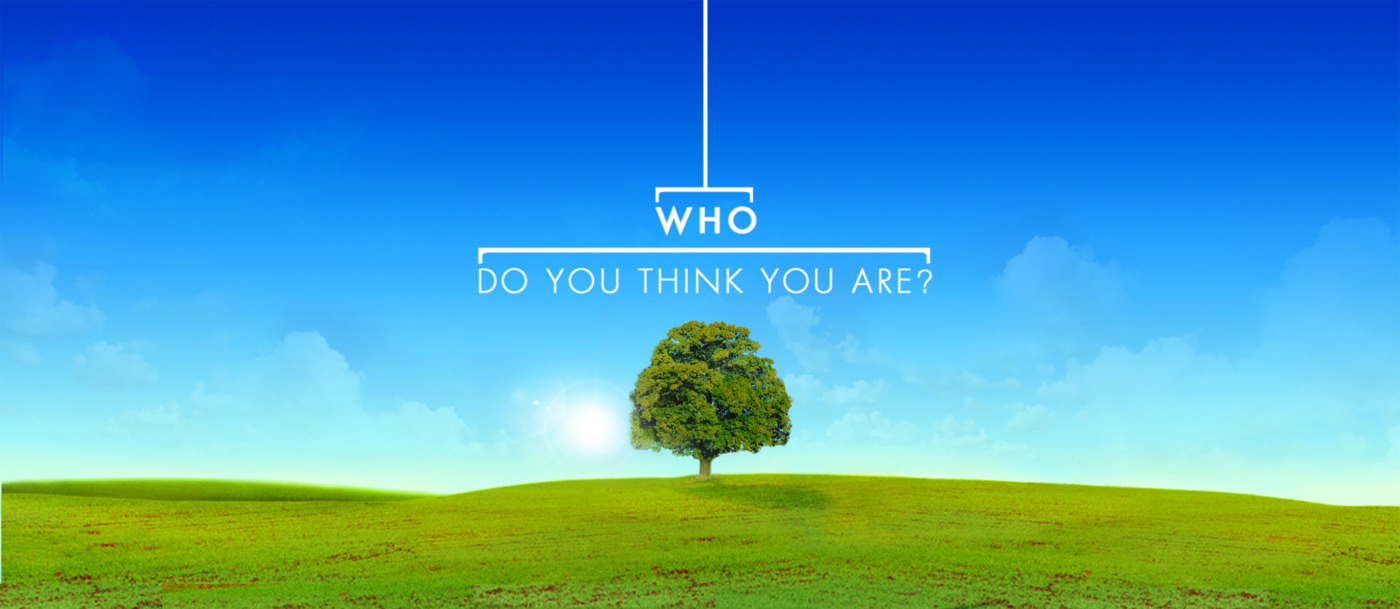Ancestry shows: a celebration of humanity
Society’s messages balance between focusing on the future and remembering to live in the present. Both can be tricky at this current time. Despite the roadmap out of lockdown announced, the timings still seem far away. Our year in lockdown has become Groundhog Day on repeat. Similarly, the future, not least in relation to education and employment, remains extremely uncertain and can easily allow pessimism.
*Multimedia version is accessible here!*
It can therefore feel more comforting and secure to look back at the past. The time pre-Covid, where there was no need for social distancing or mask wearing, seems like a heavenly time ago. In reality, that was just as much a time of hardship and struggle for many. However, it is only by knowing about our social history that we can get a real sense of community and belonging.
Indeed, it is knowing who was around before us that helped understand the individuals we are today
Indeed, it is knowing who was around before us that helped understand the individuals we are today. This is popular in many TV programmers focusing on the ancestry history of celebrities. The media is fuel for much public interest in celebrities – their backstories, livelihoods and how they achieved fame. Yet part of this intrigue in the lives of individuals can also be down to their origins.
Production companies have recognised this is a viewing success. Who Do You Think You Are? has been on the BBC since 2004 with over 150 episodes airing. An eclectic mix of celebrities including Stephen Fry, Nigella Lawson, Graham Norton, and Tracy Emin have explored their past, allowing audiences to learn more about where they’ve come from and the potential excitements in their lives.
Their hardships are reflective of the tragedies, pains and sorrows we have all gone through – empathy, entertainment, and acceptance are all possible.
The series are of course to some extent always a filter. There is no doubt the production company will have looked at numerous celebrities, explored their ancestry and only chosen the ones who have an interesting story – there is an hour of content to fill after all. But the series has clearly worked and been popular if it’s continually recommissioned. Who Do You Think You Are? has also been sold around the world, demonstrating the appeal of learning about famous people’s family history is perhaps universal.
Inevitably, part of its success comes from the emotive aspects. Seeing a celebrity learn about a family member they never knew of, somebody they deeply admired, going through a tough period of hardship is incredibly saddening and dignifying to watch. Often the individual will relate the issues to the difficulties of their lives and it becomes essential viewing. Their hardships are reflective of the tragedies, pains and sorrows we have all gone through – empathy, entertainment, and acceptance are all possible.
If these programmes are able to provide a greater sense of belonging and certainty, that can only be celebrated
It’s understandable therefore to see why ITV have commissioned their own version. DNA Journey follows a similar format to the hit BBC show in terms of allowing celebrities to discover more about their past. The human intrigue and interest is understandable, justifiable, and deeply important. As new talents and celebrities arise, such programmes show no signs of going away.
This year has been such a tricky one for all of us. Lost family members, lost education, lost time to spend with others. What ancestry programmes provide is the opportunity to put our lives in context. We are able to see where we fit in and how our journey is similar and different to others. Most importantly, many have been inspired by Who Do You Think You Are? to research their own history. If these programmes are able to provide a greater sense of belonging and certainty, that can only be celebrated. The presence of such programmes is just utterly wonderful.

Comments